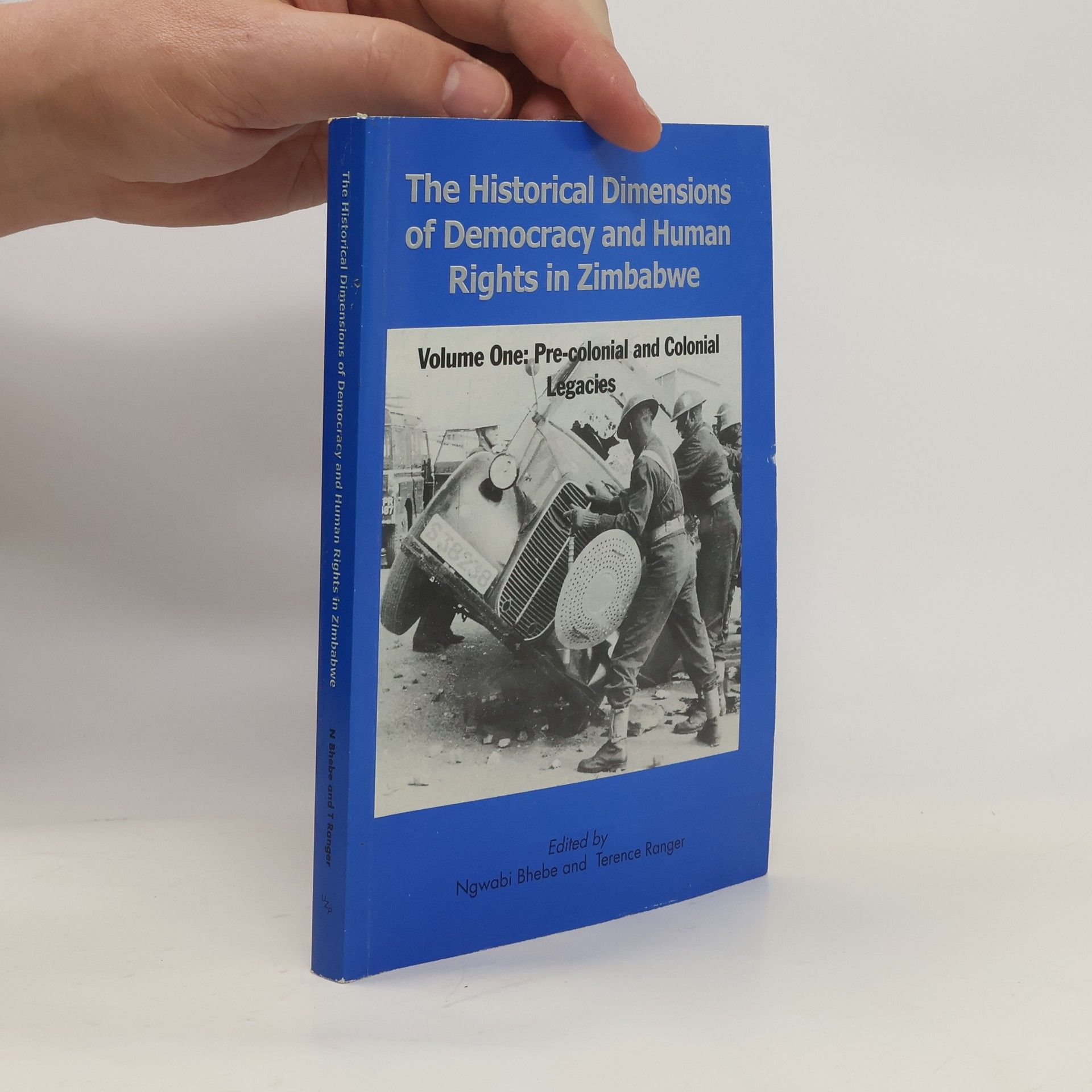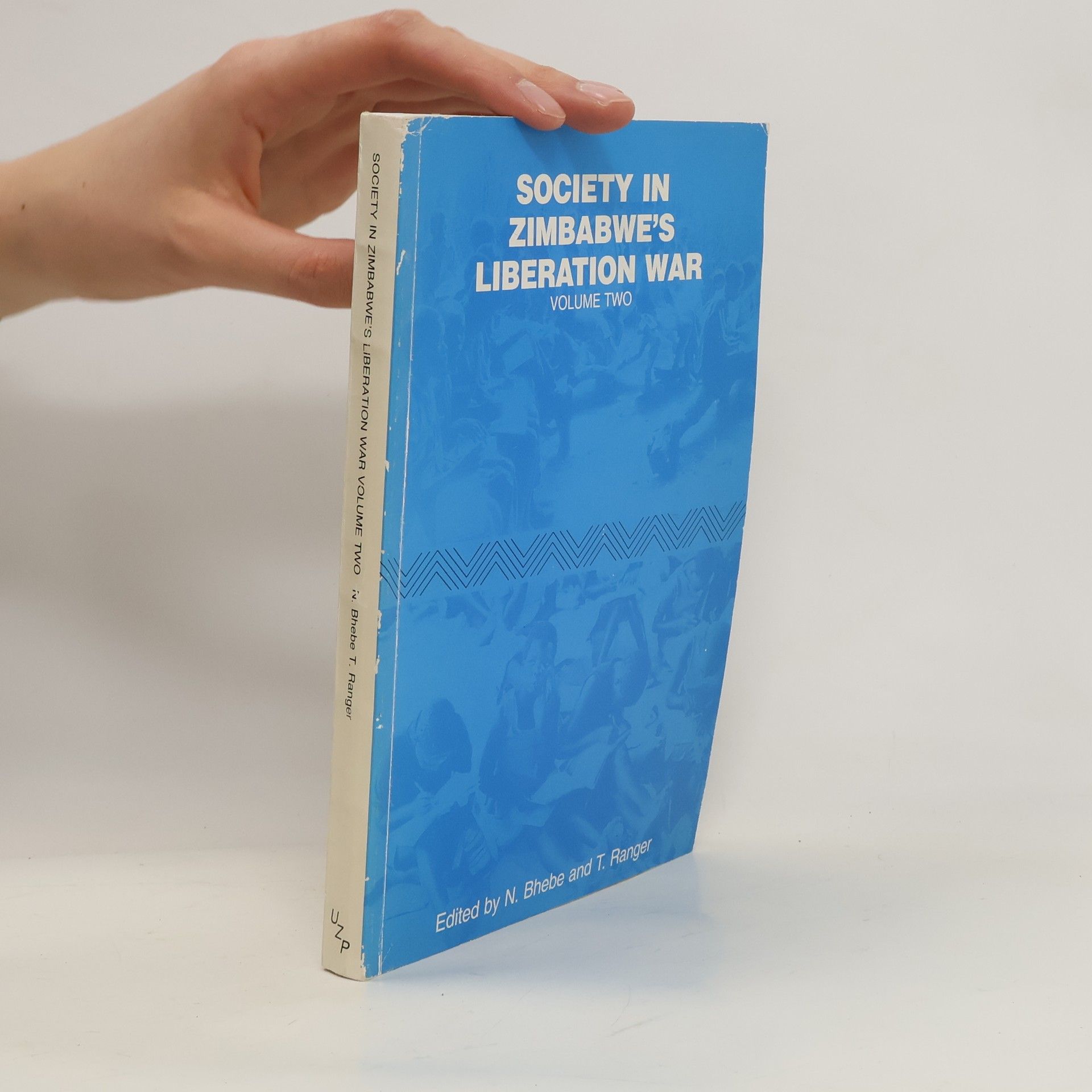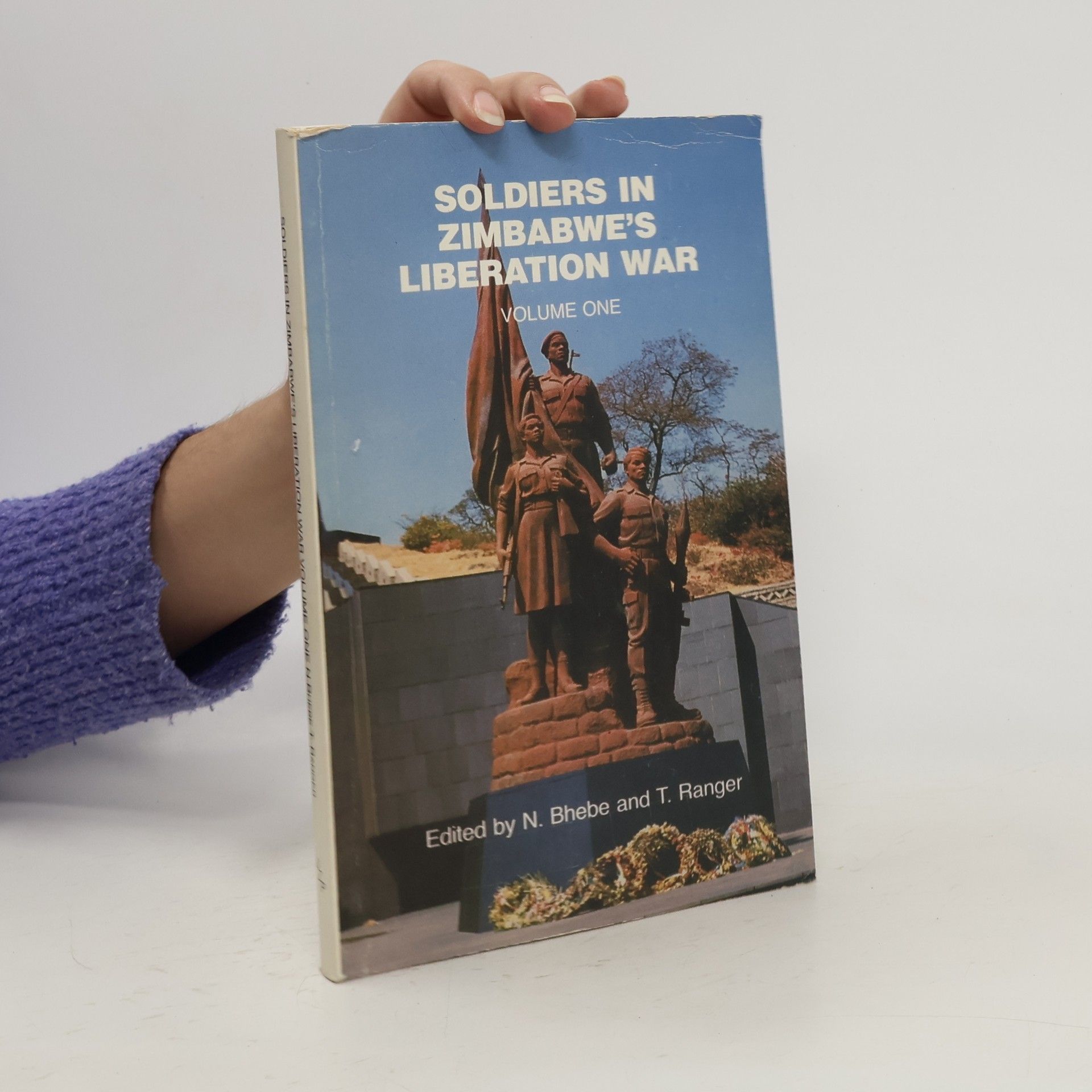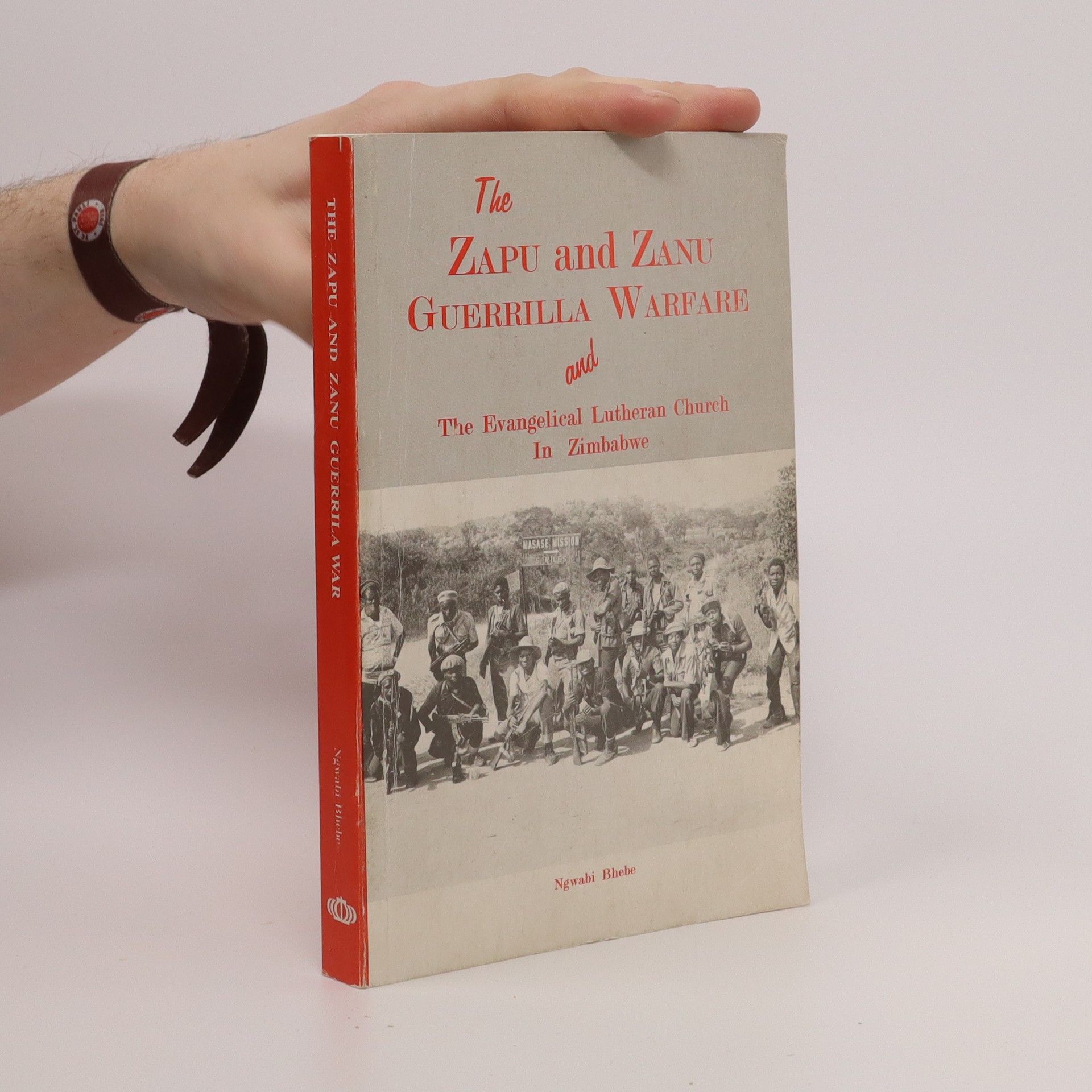The ZAPU and ZANU guerrilla warfare and the Evangelical Lutheran Church in Zimbabwe
- 392 stránek
- 14 hodin čtení
This was a seminal contribution to the history of the Zimbabwean liberation war, which ended with independence in 1980. The book takes a considered view of both sides in the guerrilla war, but is particularly concerned with the Zapu side. At the time of writing this was more or less uncharted territory, to some extent the result of the political outcome of the war, which in the name of national unity, silenced the Zapu story. In particular, it uses material from interviews with ex-Zimbabwe People's Revolutionary Army (Zipra) combatants, previously unobtainable. A particular angle of enquiry is the role of the evangelical Lutheran church in the war. The book is organised into sections: presenting an overview of the war and the roles of Zanu and Zapu 1964-1979; on ideologies and strategies of the liberation movements and the colonial state; on the place of the Lutheran church in Zimbabwe, the war in the west; the war in the east; church, mission and liberation; and the era of reconstruction.



